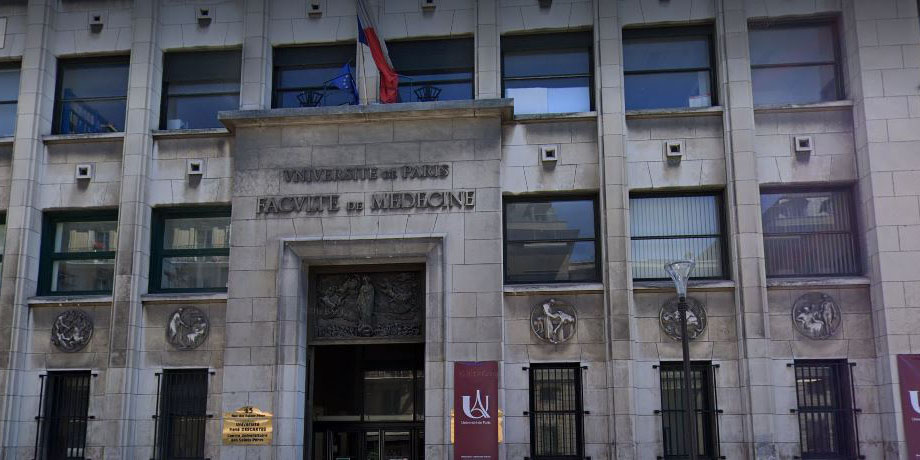The Paris-Descartes University Center for the Donation of Bodies to Science, which has housed thousands of remains in unethical conditions according to L'Express , is subject to an immediate administrative closure ordered by the Minister of Research Wednesday, the University announced. This measure is accompanied by an inspection mission to "establish the reality of the facts" and "the way forward" before reopening, according to a statement from the University.
In its edition of Wednesday, the Express denounces the "indecent conditions" in which were kept the remains of "thousands of people who donated their bodies to science". "In dilapidated premises, the malfunctions of the center and management problems had a terrible consequence: putrefied remains, gnawed by mice, to the point that some had to be incinerated without being dissected," says the weekly . According to the investigation, there were "bodies piled on top of one another, without any dignity and contrary to any ethical rule".
University apologizes to families
The magazine also notes that "the bodies also serve private companies to which they are sold, whole or dismembered", and that medical professors, including those at the University Descartes on which this center depends, must also pay for able to dissect.
The Paris Descartes University, in its statement, "wishes to apologize to the families on this situation" and indicates that it sets up a number, the 01 42 86 20 48, to answer all the questions of the families of donors . Due to the administrative closure, "there is no more dissection activities, but the center will continue to provide support for donations related to families," said the University to AFP.
An indispensable center for training future surgeons
This Parisian center founded in 1953, which is the largest center of European anatomy, hosts each year several hundred bodies donated during his lifetime voluntarily to science, says the University. It plays a vital and indispensable role for the training of surgeons and future surgeons, but also for the development of new medical devices (prosthesis, surgical equipment) or new operating procedures.
The University admits that "after several decades of activity, some facilities have become obsolete". A work plan is launched.

